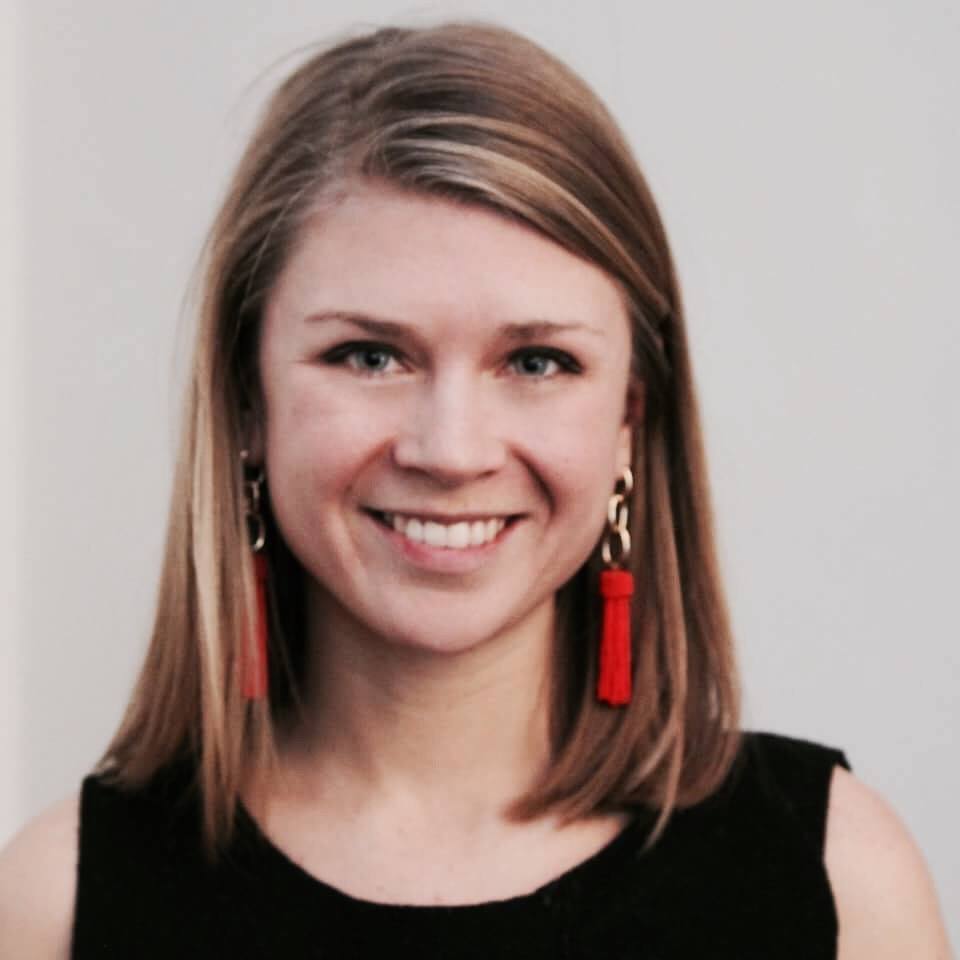Last Friday, the Newseum put David Fahrenthold’s notebook on display. (It’s next to Ben Jacobs‘s glasses in a “New Artifacts” display.)
Fahrenthold used that notebook to track Donald Trump‘s charitable donations, a quest that began last January when then candidate Trump told attendees at a caucus-day event in Waterloo, Iowa, that all the money raised at a recent political fundraiser ($6 million total, according to Trump) would be donated to veterans’ organizations.
Fahrenthold spent months trying to find where that money went. His innovative style of investigative reporting–he used Twitter to show images of his notebook to engage with readers, search for information, and track his findings along the way–earned him a Pulitzer Prize. Washingtonian spoke with Fahrenthold about the impact of his reporting, and where he’s going from here.
How did you first become interested in tracking Trump’s charitable donations?
We totally blundered into that. In 2015, I was trying to write about candidates that I could get up close to and talk to, and not be in a giant pack of reporters–so I covered a lot of loser candidates, like Jindal, Santorum, Rick Perry.
By the time I got to Iowa a lot of my candidates had dropped out. On Iowa caucus day, it seemed like it was just another one-off story. So I just followed Trump around that day, and it just so happened that I saw him do something related to his charitable giving in Waterloo, Iowa.
So much about Trump is…mysterious and slippery. Everything in his business record, you had to ask him for the details. He made himself the only source. He would either not tell you, or he was often an unreliable narrator about his own life. So the thing I liked about the charity story was, here was a chance to fact-check Trump and not have to rely on Trump as the provider of the facts. If he gave money to charity, somebody else would know. So you didn’t have to depend on him to tell you if he did or didn’t.
You won a Pulitzer, and broke a few key election stories for the Post. What’s next?
I’m part of this team that’s doing the Trump organization. I feel like I understand Trump’s character better than the average person now, having seen all of these little interactions with charity. I wanted to keep doing something that’s like that, and not just doing pure politics. So my piece of the Trump empire is the golf courses, Mar-a-Lago, and the winery.
There was a point at the end of last year where I knew that nobody was probably going to scoop me on Trump charity coverage. But now, there’s a reporter named Shannon Donnelly at the Palm Beach Daily News, who’s the ace gossip reporter for Palm Beach Island. She beats me every day…every day!
What interests you most when it comes to Mar-a-Lago and the other parts of the Trump organization?
One, is Trump going to use the powers of the presidency to help the people who are around him? At Mar-a-Lago and Bedminster–people at those places, those are his friends, people he has known for a long time. They’re also semi-public environments. Past presidents haven’t spent that much time hanging out in an environment where hundreds of people could come and go in a given day, but that’s the case at Bedminster and Mar-a-Lago. So you maybe can….get a sense of what he’s like, and what he’s talking about, and what he’s interested in.
I’m just really curious as to how the Trump organization as a business is going to change. It’s a business that relies so much on…members of the public voluntarily choosing to spend their money with him. To stay at his hotels, to belong to his golf clubs, to hold their banquet at his golf clubs. I’ll be interested to see how that part of the business either rises or falls–the part that’s dependent just on regular business, rather than connections to the presidency.
What did you learn about the President through your reporting?
To me, the big conclusion out of it was that…he’s not somebody that tends to think strategically. So many rich people, when they get into philanthropy, they have one thing they like, or several things they focus on. They pick a disease, or a college, or some kind of non-profit. They produce good results through that cause, but also they get recognized; there’s some sort of monument to what they did. All of philanthropy is harnessing that urge to have your name on something, and using it for good. [Trump] wants to put his name on everything in other walks of life.
There was almost nothing named after [Trump] because of his charitable giving. There were like two theater seats, one in New Jersey, one in Florida, and a park bench. All the gifts were sort of in service of, “who do I need to impress right now?” As a result he was sort of spread out all over the place, and it didn’t really leave much of an impact, the money he was giving away. The way that he was with his money back then is kind of how he is with his time now. Whatever occupies him today, he’s gonna focus on that–he’s gonna get through today, and tomorrow do something else. That short-term lack of strategy is something I learned about him last year that I think really carried over to this year.
Do you feel that your work has made a difference?
I think it definitely made a difference last year–I didn’t think it was going to change the election. That wasn’t the intent when I wrote it and I didn’t think, even when I was writing it, that it was going to swing the election one way or another. But I think that people who read it learned a lot about Trump’s character. A guy who spent so much of his life creating a facade about who he was. That’s all you can hope for in a situation like that.
This interview has been edited for brevity and clarity.




















